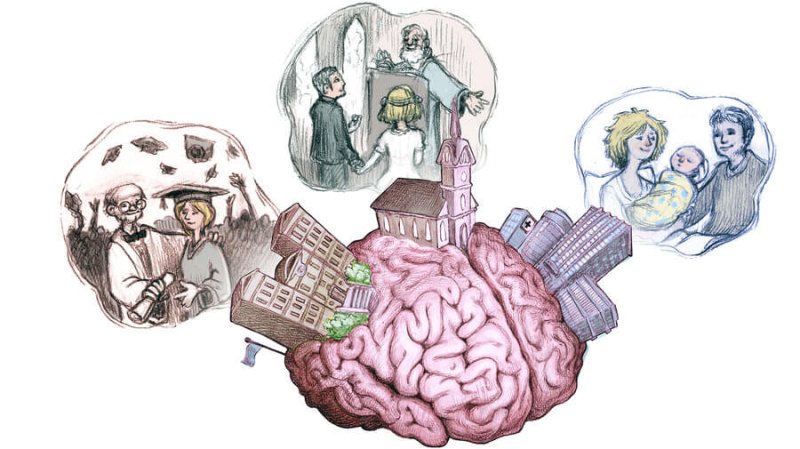What happens in the hippocampus even before people attempt to form memories may impact whether they remember.
A new study analyzed neuronal recordings from the brains of epilepsy patients while they committed a series of words to memory. When the firing rates of hippocampal neurons were already high before the patients saw a word, they were more successful in encoding that word and remembering it later.
The findings suggest that the hippocampus might have a “ready-to-encode” mode that facilitates remembering. [The study] also suggests that when hippocampal neurons are not already spiking very much, novel information is more likely to be poorly encoded and later forgotten.
…
“‘Encoding mode’,” [psychology professor John] Wixted said, “is more than simply paying attention to the task at hand. It is paying attention to encoding, which selectively ramps up activity in the part of the brain that is the most important for making new memories: the hippocampus. Since we know, based on earlier research, that people can actively suppress memory formation, it might be possible for people to get their hippocampus ready to encode as well. But how one might go about doing that, we just don’t know yet.”































